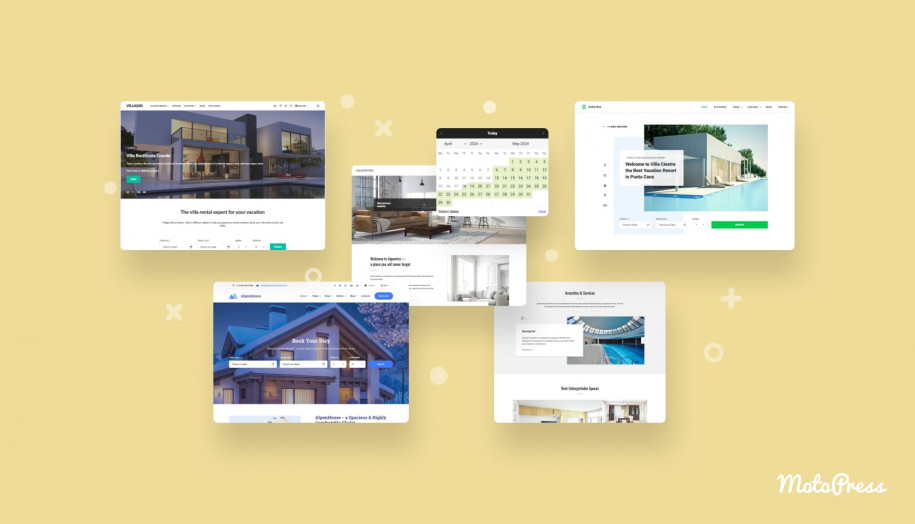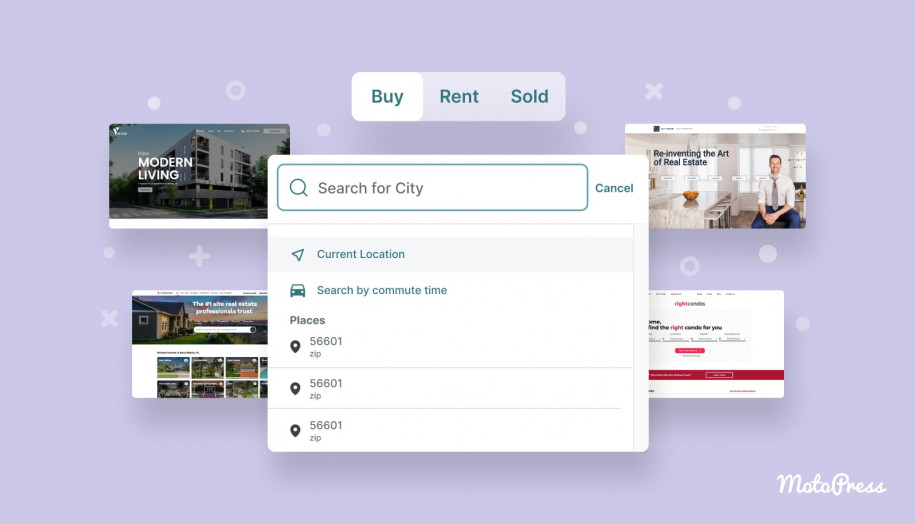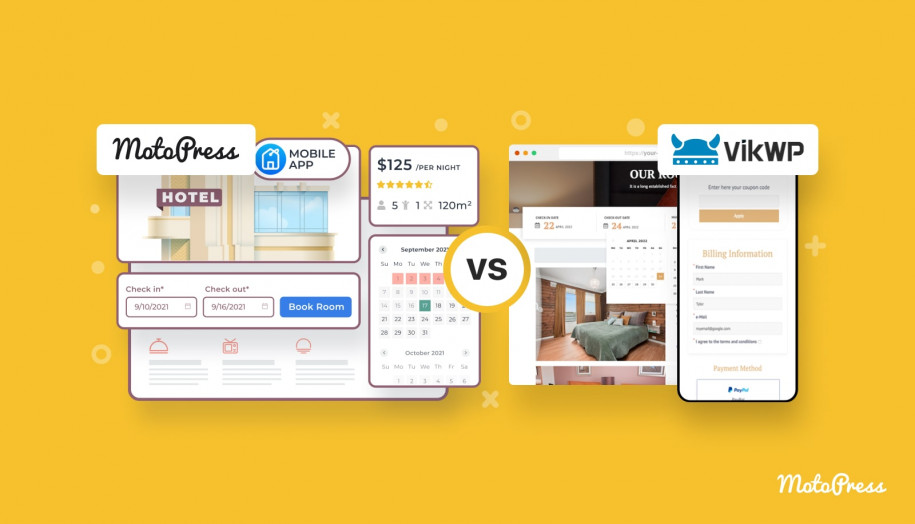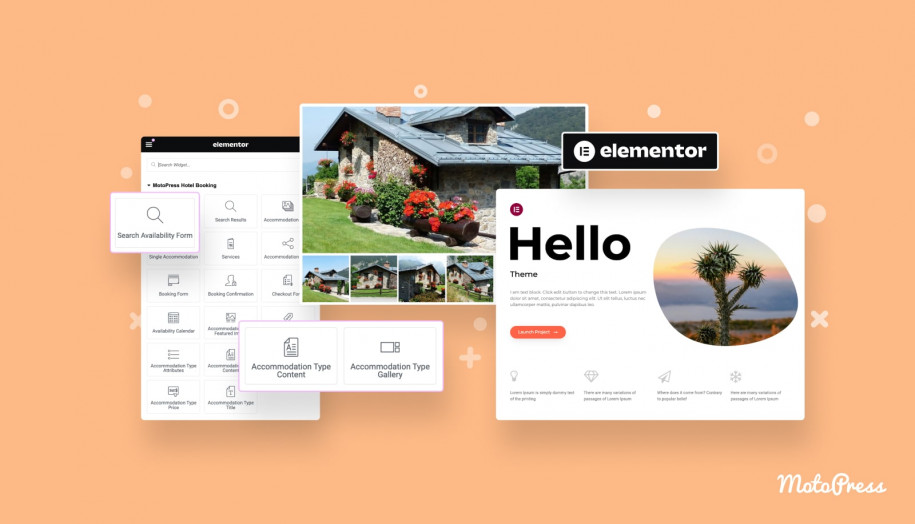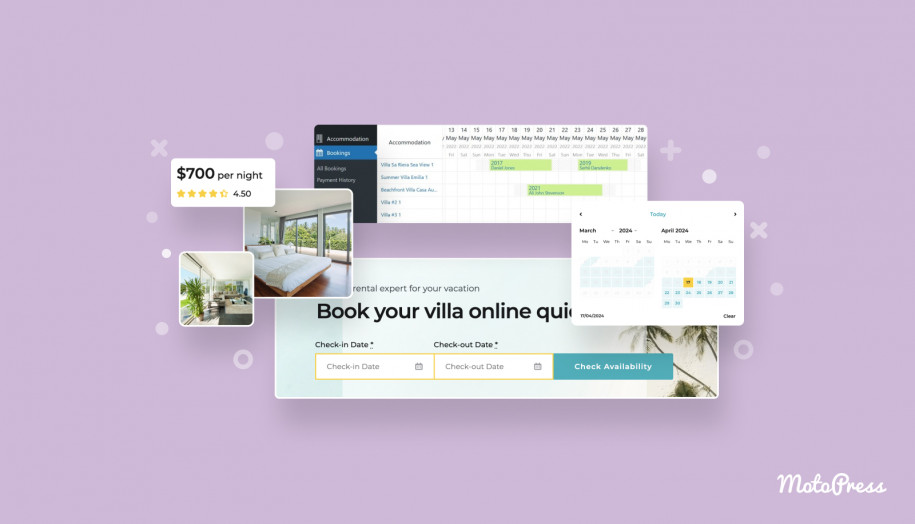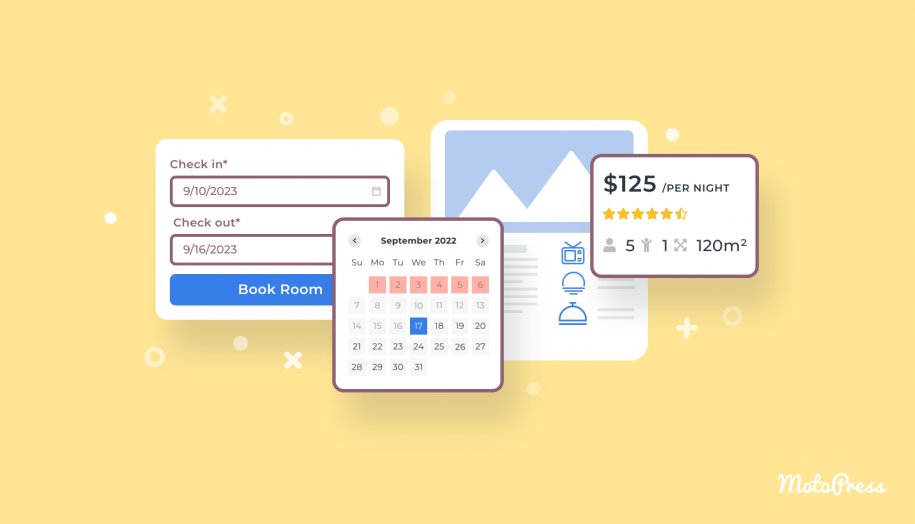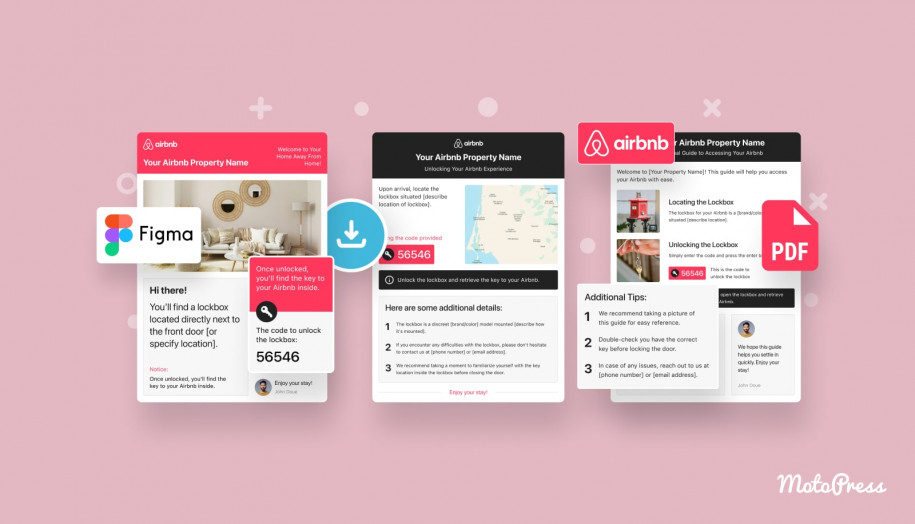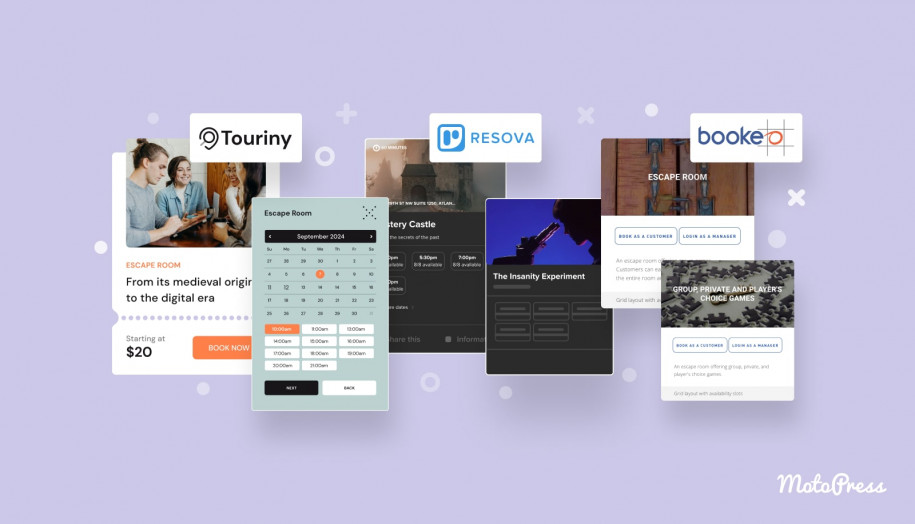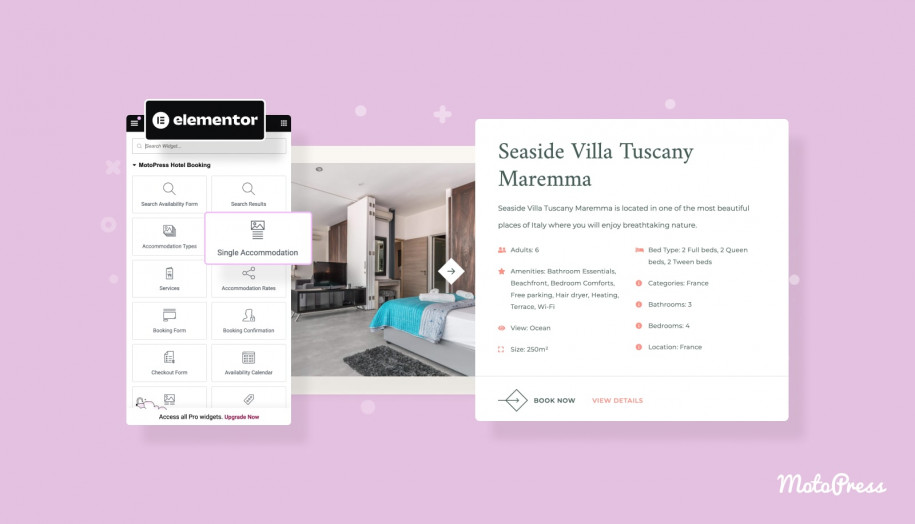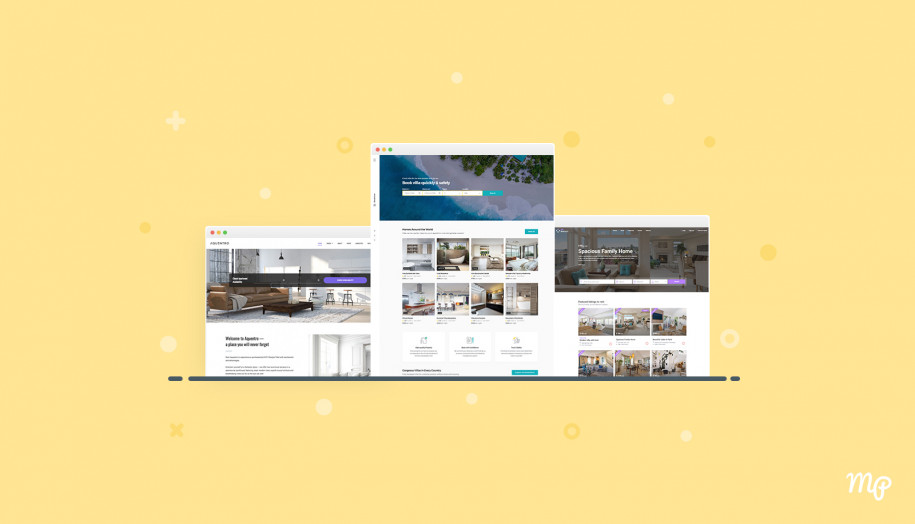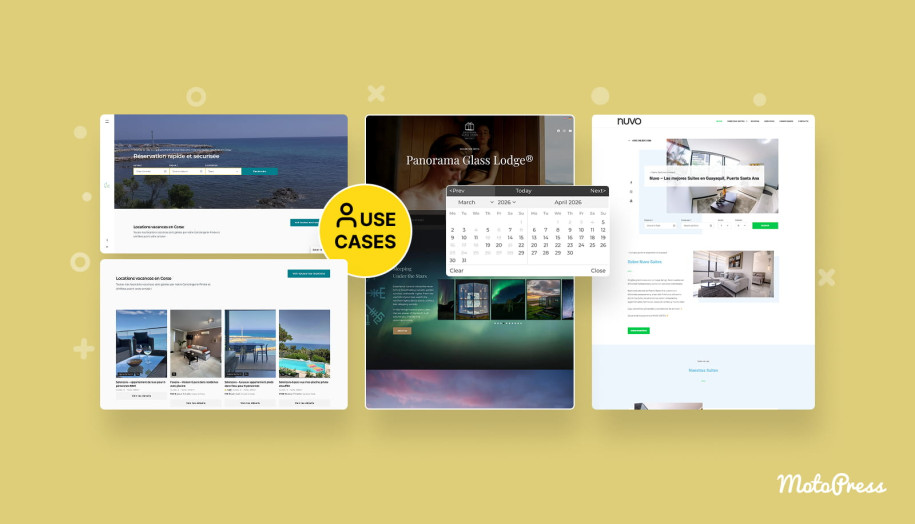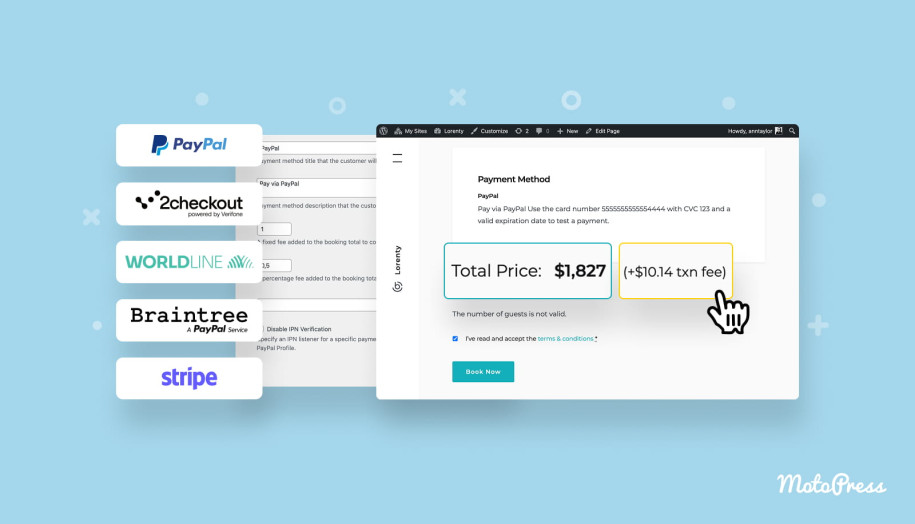Renting Out Apartment for the First Time? What You Should Know
Table of Contents
If you decide to rent out apartment and intend to do it for the first time, it may be tricky to start immediately. Unlike short-term rentals, providing your tenants with a property usually delivers a more stable and reliable source of income.
Many property owners may often pick this option over short-term rentals. However, before delving into the world of property rentals we recommend taking time and learning more about the peculiarities of renting out apartment listed in this post.
Top 10 Steps to Follow When Renting Out Your Apartment
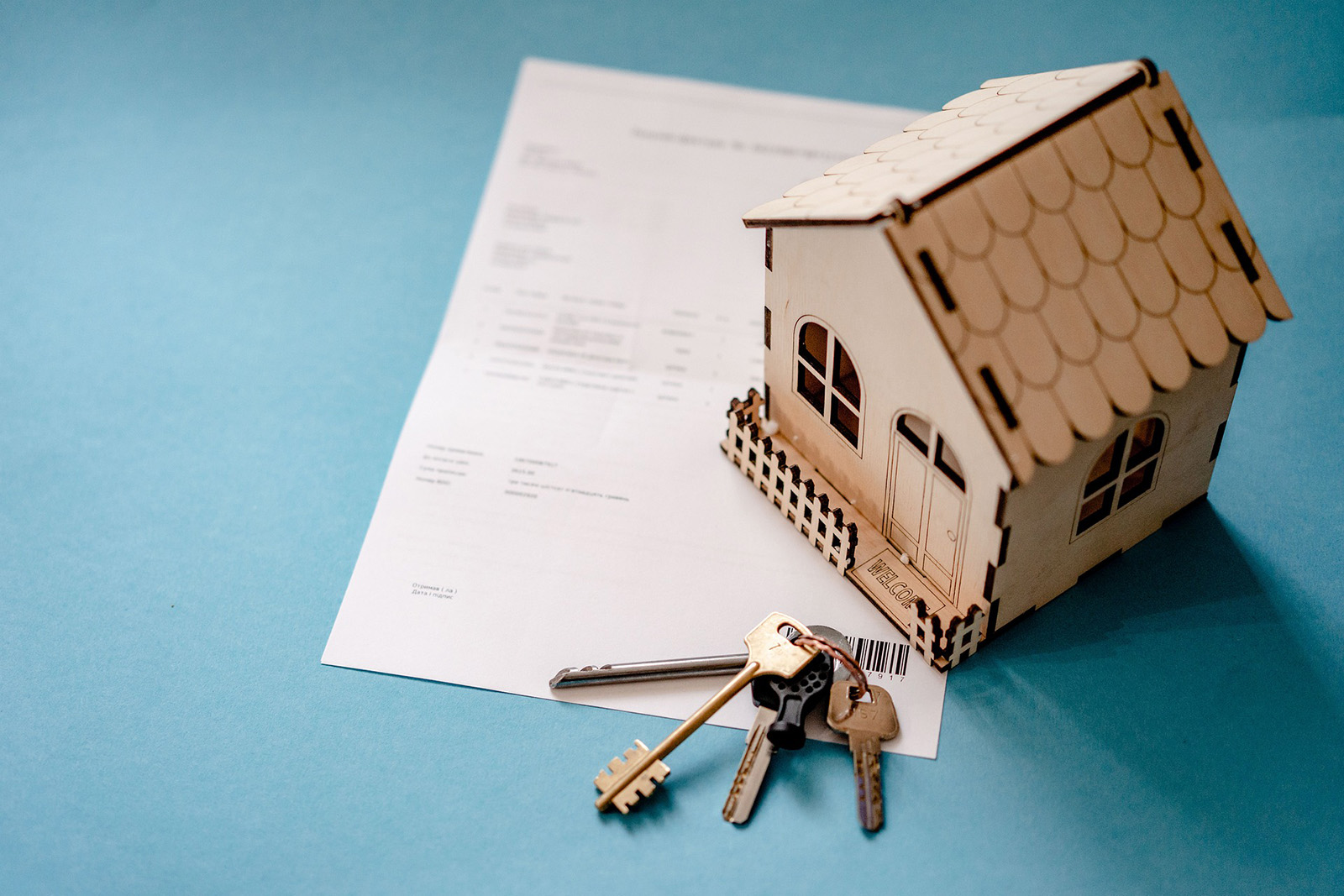 “Renting my apartment must be risky” is one of the frequent statements voiced by soon-to-be landlords. Indeed, this may sound like a complex and demanding endeavor. In reality, it may turn out to be a great source of income if planned and managed properly. This involves a lot of measures that range from research & planning to advertising and leasing the property you invested in. While the abovementioned activities stand at the core of long-term property rentals, there are additional steps worth your attention:
“Renting my apartment must be risky” is one of the frequent statements voiced by soon-to-be landlords. Indeed, this may sound like a complex and demanding endeavor. In reality, it may turn out to be a great source of income if planned and managed properly. This involves a lot of measures that range from research & planning to advertising and leasing the property you invested in. While the abovementioned activities stand at the core of long-term property rentals, there are additional steps worth your attention:
- Analyzing the legal requirements;
- Finding tenants;
- Requiring a rental application;
- Keeping digital records.
Below we’ll take a closer look at some of the most vital steps to becoming a trustworthy landlord. Also, we recommend making sure you get good tenants as well as a deserved return on your investment. This is necessary if you have the “rent out my apartment” goal as one of the main driving forces for your business.
1. Research the property rental market
 The first step on your way to becoming a landlord is connected with researching the rental market. Long before you start looking for tenants to rent out apartment to, it is vital to understand your target audience. It is necessary to make better decisions as a property manager. This is especially so if you want to plan the growth of your investment portfolio. Understanding the essence of the local rental market helps in becoming a better landlord. The research process usually includes several stages, for example:
The first step on your way to becoming a landlord is connected with researching the rental market. Long before you start looking for tenants to rent out apartment to, it is vital to understand your target audience. It is necessary to make better decisions as a property manager. This is especially so if you want to plan the growth of your investment portfolio. Understanding the essence of the local rental market helps in becoming a better landlord. The research process usually includes several stages, for example:
- Local rental rates research;
- Vacancy rate evaluation;
- Analysis of local economic factors;
- Identifying the demographic data of your target tenants;
- Discovering market trends.
2. Check the legal requirements
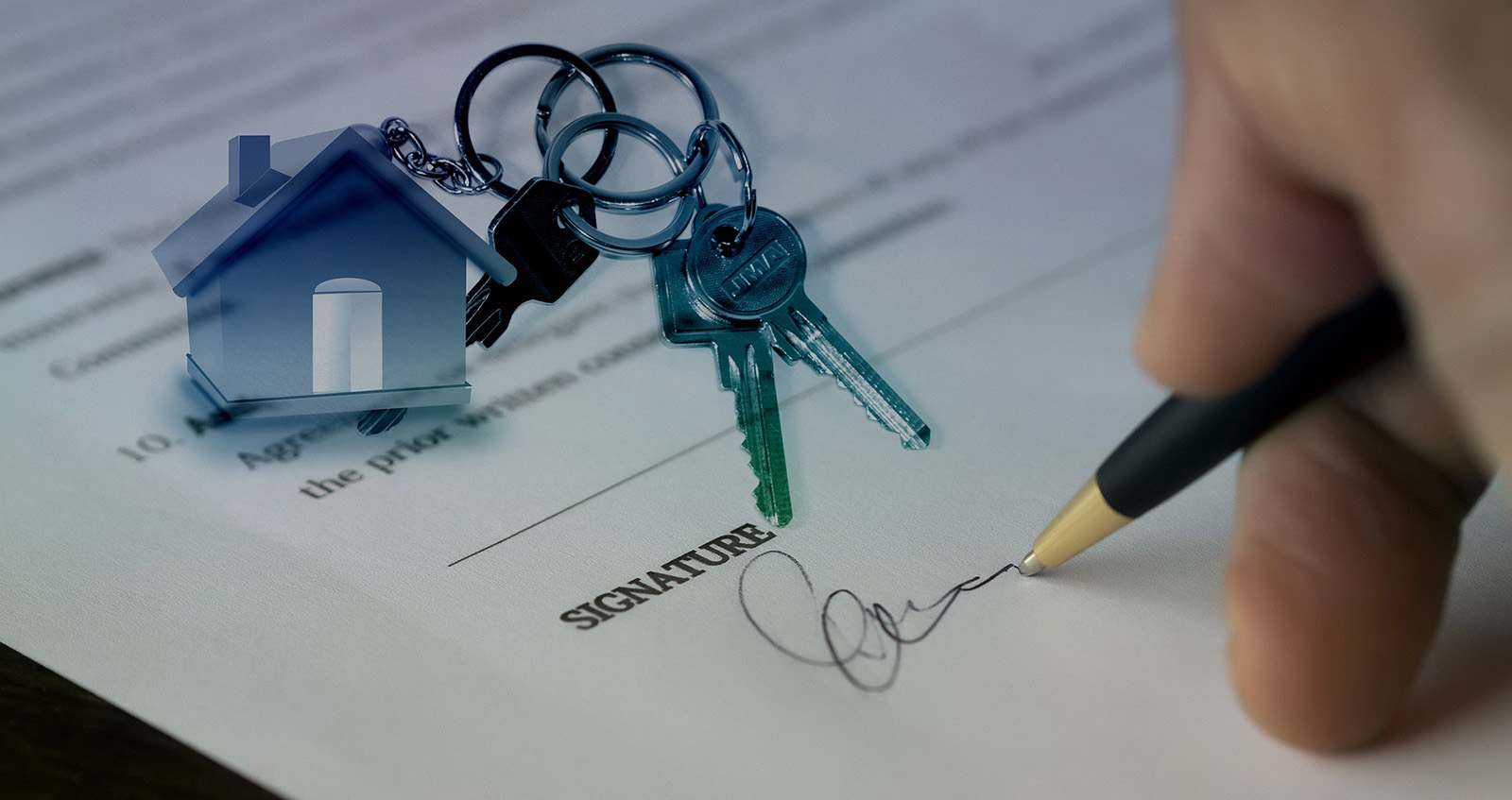 Being a landlord requires you not just to have the necessary licenses and permits. You also need to know your rights and how to protect them. Additionally, there’s a range of safety standards that your property needs to meet before you can say “Renting out my apartment was worth it”. They concern diverse areas of your property and its amenities. Such options usually range from electricity and plumbing to smoke detectors and dealing with pests. Moreover, there are certain laws that you need to study before you’re ready to ask yourself “How to rent out my property?”. Here are some of them:
Being a landlord requires you not just to have the necessary licenses and permits. You also need to know your rights and how to protect them. Additionally, there’s a range of safety standards that your property needs to meet before you can say “Renting out my apartment was worth it”. They concern diverse areas of your property and its amenities. Such options usually range from electricity and plumbing to smoke detectors and dealing with pests. Moreover, there are certain laws that you need to study before you’re ready to ask yourself “How to rent out my property?”. Here are some of them:
- Fair Housing Act;
- Federal landlord-tenant laws;
- Fair Credit Reporting Act;
- State laws about property rentals;
- Eviction rules.
3. Advertise your property to find tenants
 One of the crucial steps on the way to rent out apartment is advertising. However, you have to be smart about it. For example, a well-planned and thought-out advertising approach often gives better results than occasional promotional efforts. After you research your target tenants and the local rental market, it will be easier for you to decide how exactly the marketing campaign for your properties should look. Then you can use such smart and affordable thing as an appointment scheduling WordPress plugin to set up meetings with your prospects and meet them face to face.
One of the crucial steps on the way to rent out apartment is advertising. However, you have to be smart about it. For example, a well-planned and thought-out advertising approach often gives better results than occasional promotional efforts. After you research your target tenants and the local rental market, it will be easier for you to decide how exactly the marketing campaign for your properties should look. Then you can use such smart and affordable thing as an appointment scheduling WordPress plugin to set up meetings with your prospects and meet them face to face.
One of the best ways to attract your potential tenant’s attention to the property is to use real estate directories. By publishing compelling listings and using varied platforms such as Airbnb Management Sydney for this purpose, you’ll be able to reach more people who may be interested in renting your property. Besides, it is important to keep an eye on your ads and update them on time (for example, when the property has new amenities to offer). Lastly, communicating with your soon-to-be tenants is as important as advertising itself. Responding to their questions and requests needs to be done quickly and professionally. This will help you to improve your reputation as a landlord over time.
4. Set a proper rental rate
 “There’s no use in renting my apartment out without setting a reasonable rate” is one of the statements that defines how many landlords approach their rental business. For many tenants, an affordable rental rate may often be more important than the variety of provided amenities. This is exactly why setting a rate that corresponds with what your property offers is necessary. The key to the right price for property rentals often hides in the amenities and various extras offered to your tenants when you rent out apartment. The more features there are, the higher the booking rate. Additionally, the rate needs to include the expenses you face as the property owner, such as:
“There’s no use in renting my apartment out without setting a reasonable rate” is one of the statements that defines how many landlords approach their rental business. For many tenants, an affordable rental rate may often be more important than the variety of provided amenities. This is exactly why setting a rate that corresponds with what your property offers is necessary. The key to the right price for property rentals often hides in the amenities and various extras offered to your tenants when you rent out apartment. The more features there are, the higher the booking rate. Additionally, the rate needs to include the expenses you face as the property owner, such as:
- Mortgage payments;
- Taxes;
- Maintenance costs;
- Insurance.
5. Prepare your property for tenants
 If you want to create a positive reputation as a landlord and grow the number of tenants and positive reviews in the future, it is necessary not just to research the market but also to prepare your properties. This includes cleaning the apartment before your tenants move in as well as planning and executing certain property improvements both visually and functionally.
If you want to create a positive reputation as a landlord and grow the number of tenants and positive reviews in the future, it is necessary not just to research the market but also to prepare your properties. This includes cleaning the apartment before your tenants move in as well as planning and executing certain property improvements both visually and functionally.
All the rooms – and especially the bathroom – need to be clean and perform their purpose perfectly. This may require the purchase of additional equipment for your property. A proper approach to presenting your apartment on the first day will help you shape the right first impression that will be important for positive reviews later, especially if you’re just discovering how to rent out an apartment.
6. Perform tenant screening
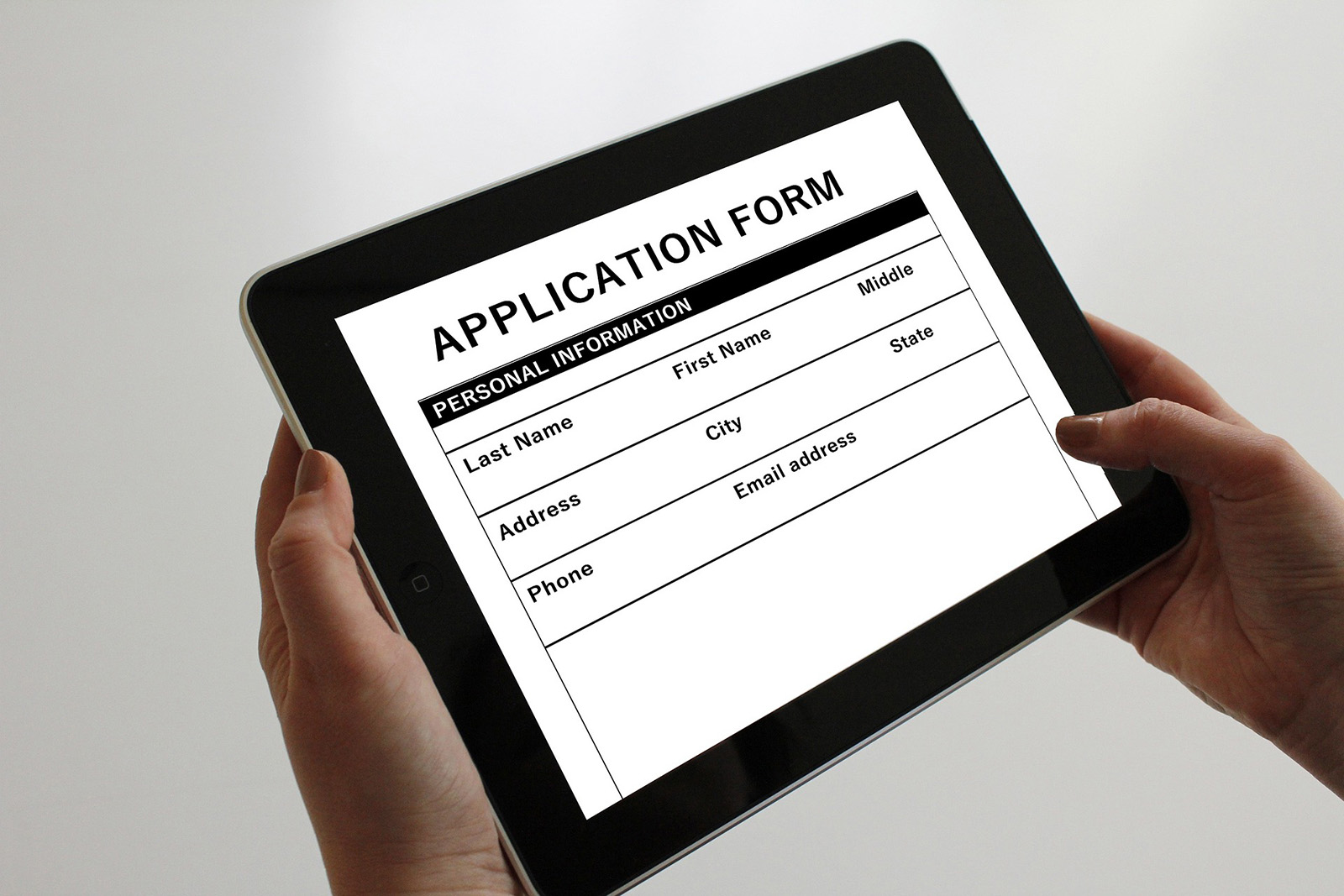 Checking the background of your future tenants is as useful as preparing your property for them. Many landlords handle this by having a rental application, a form that contains all the necessary data about your tenants. It is often one of the primary ways of securing yourself as a property owner in case of damages or unpredicted situations. There are additional ways of legal protection for landlords that include:
Checking the background of your future tenants is as useful as preparing your property for them. Many landlords handle this by having a rental application, a form that contains all the necessary data about your tenants. It is often one of the primary ways of securing yourself as a property owner in case of damages or unpredicted situations. There are additional ways of legal protection for landlords that include:
- Credit & background checks;
- Signing a written rental agreement;
- Requiring a renter’s insurance.
7. Track maintenance requests
 Maintaining your property is one of the keys to keeping your tenants as no one enjoys renting out apartment that needs renovating or lacks advertised features. Furthermore, regular safety checks and inspections are a lot easier if you pay close attention to the state of your properties and amenities at all times. Needless to say, it’s also beneficial for your landlord’s reputation and online reviews when you rent out apartment.
Maintaining your property is one of the keys to keeping your tenants as no one enjoys renting out apartment that needs renovating or lacks advertised features. Furthermore, regular safety checks and inspections are a lot easier if you pay close attention to the state of your properties and amenities at all times. Needless to say, it’s also beneficial for your landlord’s reputation and online reviews when you rent out apartment.
8. Accept rent payments online
 Landlords used to collect rental payments manually before, but today it is easier thanks to the variety of online payment methods. Some tenants prefer transferring such payments to a credit card or using online payment gateways. There are diverse ways of optimizing rental payment collection.
Landlords used to collect rental payments manually before, but today it is easier thanks to the variety of online payment methods. Some tenants prefer transferring such payments to a credit card or using online payment gateways. There are diverse ways of optimizing rental payment collection.
Additionally, it is recommended for landlords these days to own a website that simplifies the rental process a lot. You can also use real estate platforms allowing you to automate many routine aspects of property & rental management. However, if you decide to go for your website, we recommend choosing WordPress alongside the top-rated themes and plugins from MotoPress with integrated payment methods and services, such as:
9. Collect digital records
 Can you rent out your apartment without having to keep tons of paperwork? Unfortunately, the short answer is no. In any business, it is necessary to collect records of all you deal with. From receipts to documents application forms and written complaints, having a copy of anything that concerns your property rental business is mandatory to avoid any unwanted situations when you rent out apartment. However, we recommend keeping it all digital to make property management and dealing with tenants and their possible complaints a lot easier and faster.
Can you rent out your apartment without having to keep tons of paperwork? Unfortunately, the short answer is no. In any business, it is necessary to collect records of all you deal with. From receipts to documents application forms and written complaints, having a copy of anything that concerns your property rental business is mandatory to avoid any unwanted situations when you rent out apartment. However, we recommend keeping it all digital to make property management and dealing with tenants and their possible complaints a lot easier and faster.
10. Keep reputable tenants
 It is obvious that performing a background check on your tenants and establishing connections with them is time-consuming. No wonder that experienced landlords try their best to retain trustworthy renters. This helps to save time on looking for new tenants. However, it is also useful if you aim to create a positive reputation as a landlord or just want to secure your property rentals and avoid vacancies. It can be done by asking a responsible tenant to renew a rental agreement before it expires (for example, in 90 days).
It is obvious that performing a background check on your tenants and establishing connections with them is time-consuming. No wonder that experienced landlords try their best to retain trustworthy renters. This helps to save time on looking for new tenants. However, it is also useful if you aim to create a positive reputation as a landlord or just want to secure your property rentals and avoid vacancies. It can be done by asking a responsible tenant to renew a rental agreement before it expires (for example, in 90 days).
Conclusion
 Hopefully, this guide helped you learn how to rent out apartments you own or plan to invest in without any hassle. Whether you are new to long-term rentals or already have some experience, keep in mind that proper rental management requires extensive planning and preparation. Note that your potential tenants will pay attention to the state of your property, its furnishings, maintenance level, and available facilities. That’s why it’s important to always keep track of your properties and how they perform. With the right approach to property management, you’ll get rewarded with:
Hopefully, this guide helped you learn how to rent out apartments you own or plan to invest in without any hassle. Whether you are new to long-term rentals or already have some experience, keep in mind that proper rental management requires extensive planning and preparation. Note that your potential tenants will pay attention to the state of your property, its furnishings, maintenance level, and available facilities. That’s why it’s important to always keep track of your properties and how they perform. With the right approach to property management, you’ll get rewarded with:
- Increased & steady income: Stable passive income is probably one of the long-term rentals’ most obvious benefits and main attractions. It allows you to cover your expenses for maintenance and renovation of your property, while also gaining more income over time and decreasing your property debt.
- Tax benefits: In the US, you can get certain tax deductions that concern depreciation, costs of maintenance, and mortgage interest. This helps to cut down a variety of tax expenses if you decide to rent out apartment. However, this is only true for landlords and not homeowners who have a fairly limited range of available tax deductions.
- Control over investment: As a landlord, you get to decide what kind of investment is best for you and your property. From choosing tenants to making property improvements, you can plan your investments in advance to get the maximum benefit for you and your property renters.
- Flexibility: Various approaches define property management, allowing you to be more flexible after you start to rent out apartment. While at first, you may want to control everything on your own, with the growth of your property portfolio, it can become more time-consuming. That’s why many landlords tend to hire property managers to help them with tasks that range from tenant screening to repairing their properties.
